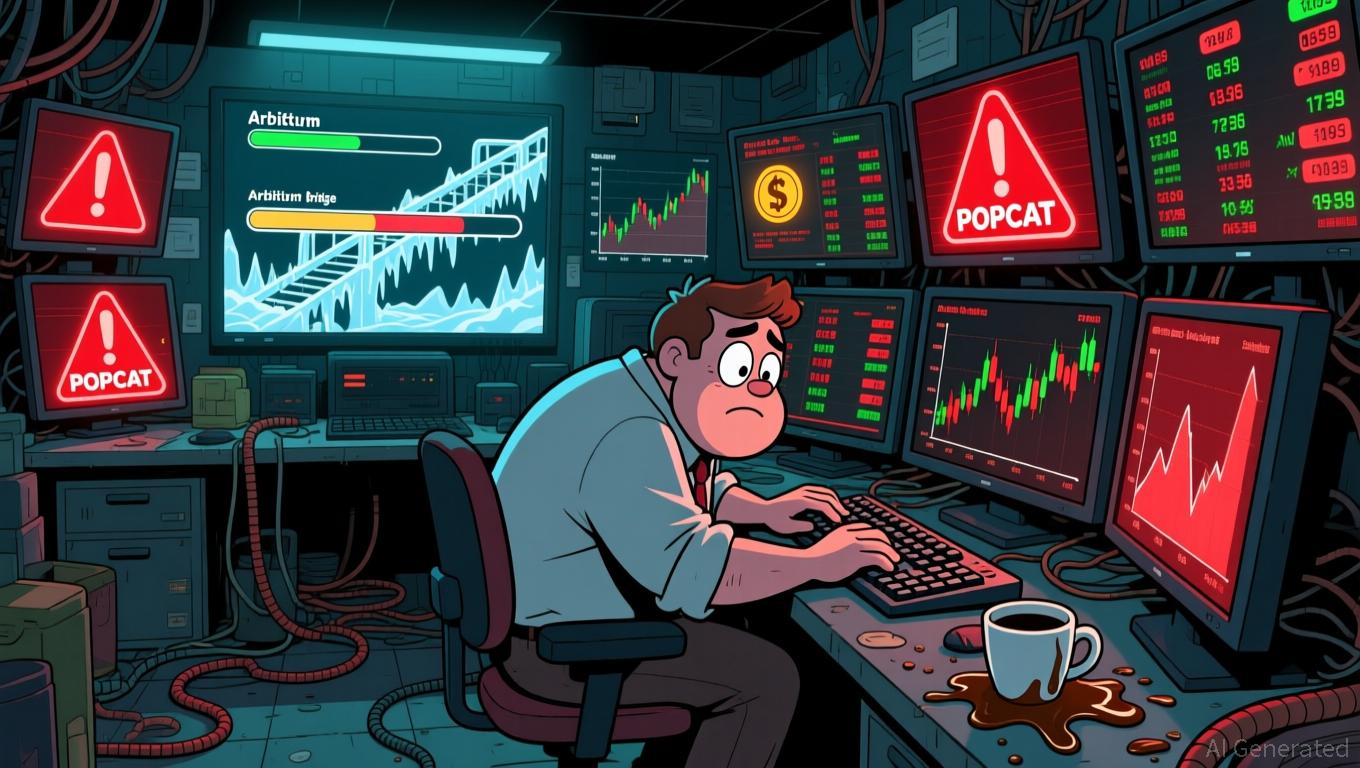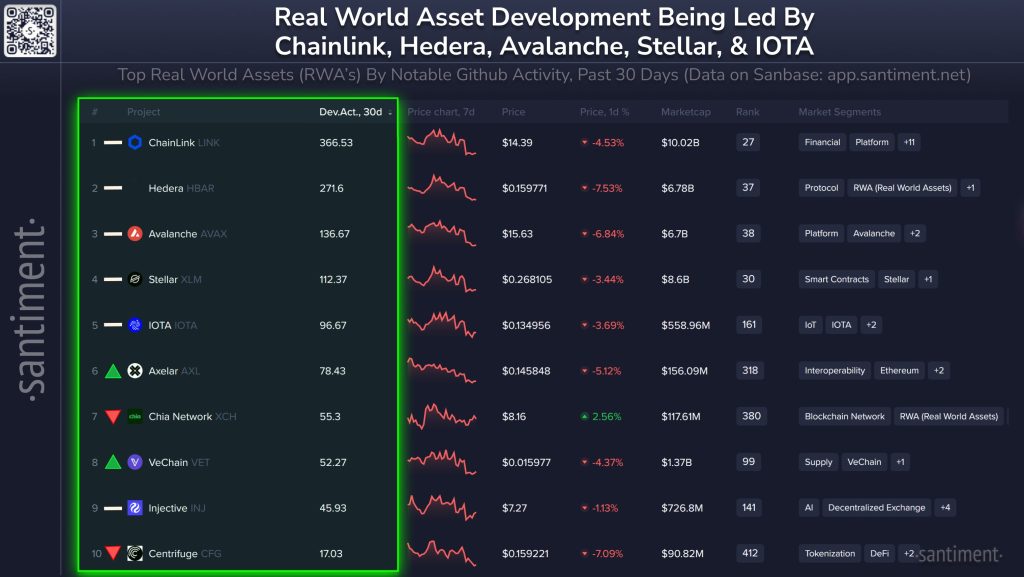Hyperliquid News Today: Hyperliquid Temporarily Halts Popcat—DeFi Faces Ongoing Tension Between Security and Decentralization
- Hyperliquid dominates DeFi derivatives with $30B+ daily volume and 80% market share via on-chain order books and dual-chain architecture. - Recent Popcat incident exposed vulnerabilities as $3M stablecoin manipulation caused $4.9M losses, forcing manual interventions against decentralized principles. - Broader DeFi risks highlighted by $220M+ losses in Balancer/Stream Finance, underscoring systemic fragility despite "money Legos" innovation. - Founder advocates modular infrastructure and HIP-3 incentives
Hyperliquid, a decentralized platform for perpetual derivatives, has quickly established itself as a major player in the DeFi derivatives space, handling daily trading volumes exceeding $30 billion and securing over 80% of the market share in this sector. The exchange’s swift rise is credited to its unique system design, which features a completely on-chain order book, the HIP-3 framework for permissionless market creation, and a two-layer structure that integrates HyperCore with HyperEVM
Yet, Hyperliquid’s expansion has faced its share of challenges. Just last week, the platform halted deposits and withdrawals on the

The Popcat incident is indicative of broader vulnerabilities within DeFi.
Meanwhile, Hyperliquid’s founder remains committed to a modular strategy for DeFi infrastructure.
As DeFi evolves, the ongoing struggle between fostering innovation and managing risk will shape its future. Hyperliquid’s dual-chain system and on-chain order book mark important progress in narrowing the divide between decentralized and centralized financial systems. Still, recent attacks and liquidity issues serve as reminders that the sector’s “Lego blocks” must be built on solid foundations to prevent widespread failures. For Hyperliquid and similar platforms, the way forward depends on improving governance, increasing transparency, and demonstrating that decentralized models can endure both bad actors and market instability.
Disclaimer: The content of this article solely reflects the author's opinion and does not represent the platform in any capacity. This article is not intended to serve as a reference for making investment decisions.
You may also like
Zcash Latest Updates: Ongoing ZEC Shortfall and Popcat Incident Put Pressure on Hyperliquid's Liquidity
- Hyperliquid's ZEC short position, $28M notional, has seen losses shrink to $9.5M as whale adds to bets during price rallies. - Same whale holds $27M ETH short with $5.5M unrealized profit, showcasing cross-asset hedging through leveraged positions. - Popcat (POPCAT) trading loss of $4.9M triggered by meme coin collapse forced manual liquidation, damaging Hyperliquid's reputation. - HYPE token's futures open interest dropped $500M since October, reflecting waning confidence amid infrastructure concerns an

SFC Head's Prolonged Tenure Strengthens Hong Kong's Fintech Overhaul with Lion Rock Spirit
- Hong Kong's SFC extended CEO Julia Leung's term until 2027 to ensure continuity in fintech reforms and digital asset regulation. - Leung's leadership aligns with Hong Kong's 3.8% Q3 GDP growth and revised 3.2% 2025 forecast, reinforcing its financial hub status. - Local startup StarFive's Lion Rock RISC-V chip, adopted by Huawei, highlights Hong Kong's push for tech-driven economic diversification. - SFC faces balancing act as Uber Hong Kong advocates flexible driver quotas amid evolving ride-hailing reg

Zcash Halving: Exploring the Impact of Supply Dynamics and Market Sentiment on the Altcoin Ecosystem
- Zcash (ZEC) underwent its 2025 halving, cutting block rewards by 50% to 1.5625 ZEC, triggering a 20% price surge and renewed focus on scarcity-driven value. - The event reduced annual inflation to 4%, boosted institutional adoption (e.g., $137M Grayscale Trust), and highlighted Zcash's privacy-driven utility with 27–28% shielded transactions. - ZEC outperformed Bitcoin in Q4 2025, peaking at $712, as institutional demand (e.g., $50M Cypherpunk purchase) and privacy tools like Zashi wallet drove adoption

RWA Tokens Set for a Major Breakout? Santiment Data Shows Developer Momentum Surging
